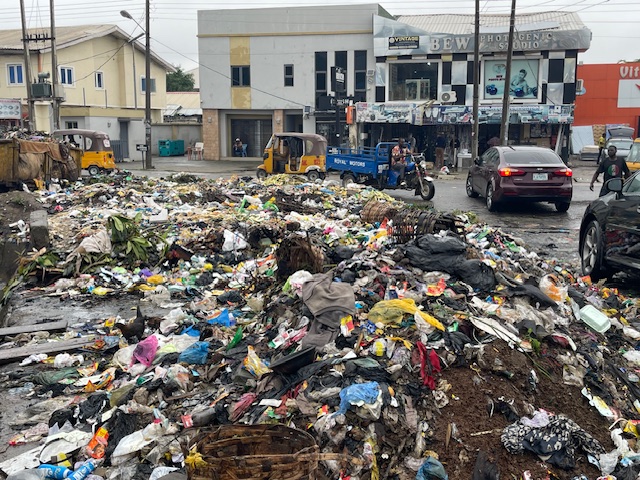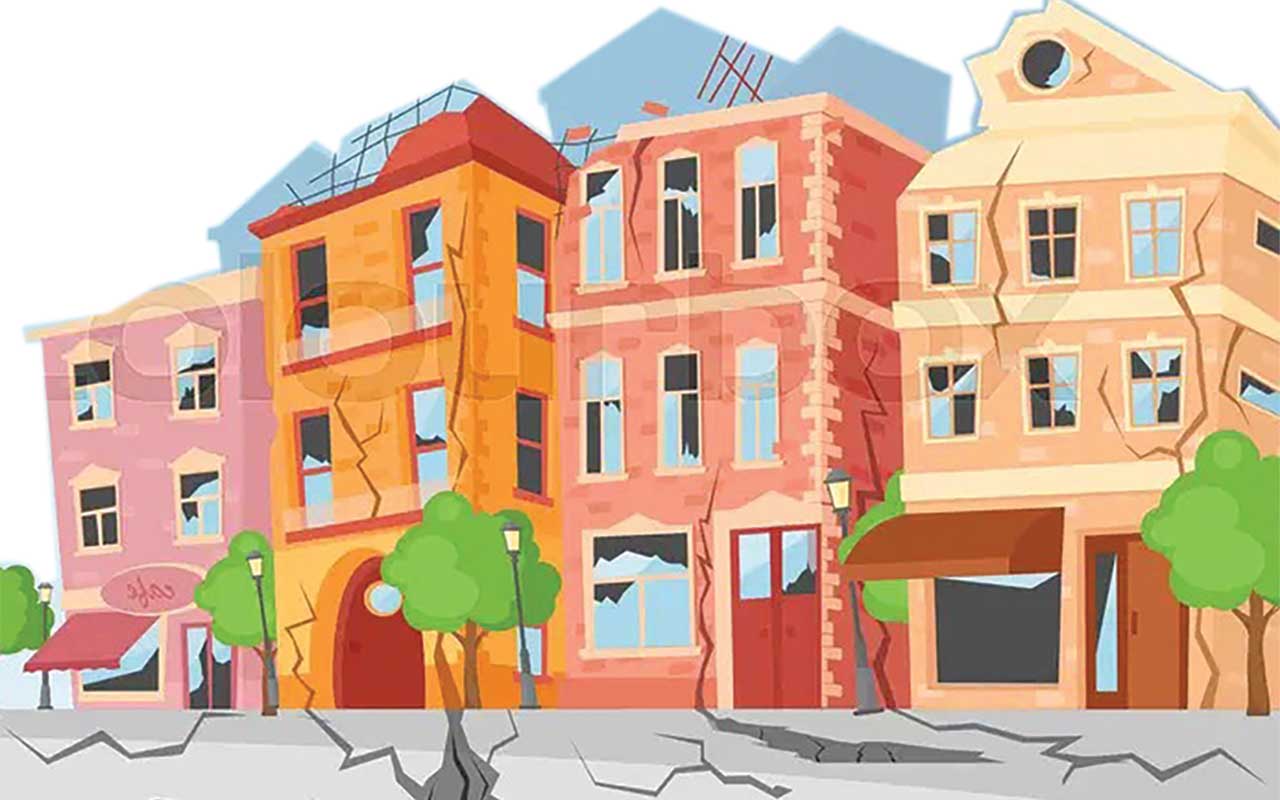
EXPERTS describe Autism Spectrum Disorder (ASD) as a condition that affects social interaction, communication, interests and behaviour. It includes Asperger syndrome and childhood autism.
The main features of ASD typically start to develop in childhood, although the impact of these may not be apparent until there is a significant change in the person’s life, such as a change of school.
World Health Organization (WHO) factsheets note that the level of intellectual functioning is extremely variable in persons with ASD, ranging from profound impairment to superior non-verbal cognitive skills.\
WHO notes that the identification of an autism spectrum disorder is difficult before the age of about 12 months, but observes that diagnosis is ordinarily possible at age two. Characteristic features of the onset include delay in the development or temporary regression in language and social skills and repetitive stereotyped patterns of behaviour.
The Organization estimates that around 50 percent of persons with ASD also suffer from an intellectual disability. Indeed, there is no known medical cure for the condition, but a wide range of treatments-including education and behaviour support could help people with the condition.
On what parents can do to help their child with autism, a WHO document noted: “They can help to ensure access to health services and education, and offer the affection and care needed as the child grows up. Recently, it has been shown that parents can also successfully deliver psychosocial and behavioural treatments to their own children.”
There are no known statistics on the rate of autism disorder in Nigeria, but some local organizations estimate that over 1 million people in Nigeria live with autism today.
Autism spectrum disorders sometimes make affected children to require special education, which is in short supply in Nigeria.
To enhance education as an important intervention for the management of the disorder, the Dickens Sanomi Foundation has brought international experts to train Nigerian teachers and equip them to be able to better manage the situation in the country. The Foundation brought the trainers from the United States of America where advanced knowledge abounds in managing the disorder.
The trainers visited several schools to provide feedback and strategies for the participants. This allowed for more effective and individualized strategies and treatment suggestions.
Additionally, the trainers conducted discussions in the form of open panels. The participants were able to ask the trainers questions, gave them examples and scenarios, had the trainers answer their questions and provide specified guidance.
The Foundation says it is partly motivated by Dickens Oghenereumu Patrick Sanomi who noted “Education is the key to the bright future of Nigeria. Supporting the education of Nigeria’s youth is of enormous national importance.”
Executive Director of the Dickens Sanomi Foundation, Keji Graham-Douglas,said the free workshop was designed to discuss, in depth, Applied Behavior Analysis (ABA), the background, application, and effectiveness of it, as well as provide specific strategies on how to implement ABA. Keji oversees the day to day running of the foundation and speaks of her passion for the education of children.
She told The Guardian: “We invited teachers who teach children on the spectrum as well as parents with children on the spectrum who learnt various topics in Applied Behavior Analysis (ABA) and had the opportunity to implement those areas while receiving feedback from the trainers.”
She disclosed that Autism spectrum disorder (ASD) was becoming more prevalent, and indeed, at an alarming rate adding that “Unfortunately, the education of what autism is and how to work with individuals with the disorder is not as common,” she noted.
Many of the teachers who participated in the training were from schools in Abuja who teach Autistic children. It also included parents.
On the disorder, Graham-Douglas noted: “Not until the middle of the twentieth century was there a name for a disorder that now appears to affect an estimated 3.4 of every 1,000 children ages 3-10; a disorder that causes a disruption in families and unfulfilled lives for many children. Research in 2009 suggests autism now affects 1 in 110 children.
She said the three-day workshop was designed to provide comprehensive and valuable knowledge regarding ASD. The training, she said, was delivered by an organization from Miami in the United States called Connected by Someone Special (CBSS).
The training was sponsored by the Dickens Sanomi foundation, an organization that had worked closely with children on the spectrum disorder.
She said the workshop focused on teaching and learning things not taught in Nigeria.
Her words: “Our target was that through the dissemination of this information, we would create positive changes in the lives of parents and professionals involved in the development of these very special and extremely intelligent children, and to remove the stigma associated with children with special needs. Too many of these careers are not even aware of autism and so it was an eye opener for a lot of them. “Whist the event was extremely useful; it did show the lack of knowledge and support received by the careers of children with Autism in Nigeria. The feedback from both the teachers and the parents was the same, that there is not enough information within Nigeria on the disorder, lack of diagnosis by the medical profession, frustration on the part of the parents of not knowing what the problem is with their child and the prpspect of receiving the care that they need.”
Graham-Douglas said the Foundation was empowering and impacting useful information about autism on both the caregivers and parents and also to educate them on how to deal with it in the Nigerian community.
The aim, she said, is to make parents and teachers connect as a family with the autistic child adding that “We focus on examining the diagnosed child’s complete environment inclusive of nuclear and extended family, to increase positive behaviours while reducing negative behaviours through the use of behavioural maintenance and empirical research based on theories of Applied Behaviour Analysis (ABA) and Marriage and Family Therapy,” she explained.
One of the trainers from US, Sabrina Omega, said she had “worked closely with children between the age of 1.5-8 years old with autism and related disabilities, applying behavioural analytic (ABA) techniques that creates programme designed for skill acquisition, improving daily living skills, and reducing negative behaviours.
She further said, “My greatest joy is in training parents and caregivers in understanding how to better manage their children’s behaviours and closing gaps in their developmental delays and that every parent with a special need child will be empowered to rear their child to their fullest potential.”
Another of the American trainers, Harlens Mitchell, stressed how improved learning by care givers could change the ability to manage the disorder in Nigeria.
Mitchell noted: “I have devoted my time and efforts in improving the quality of life to those directly and indirectly affected by the autism spectrum disorder (ASD) and have discovered that my passion is helping individuals accomplish feats that were once deemed impossible.
“Through the use of Applied Behaviour Analytical (ABA) techniques, I strive to bring about positive change and growth to those who have special learning needs. Moreover, I believe that given the right environment, an encouraging support system, and an atmosphere of love, those individuals that society has given up on can strive to do the unimaginable.”
One of the participating parents, Mrs Juliet Akgobusu, recounted her experience thus: “I am a special needs mum. I have a child with autism. We are all connected and we have a special bond regarding what we are dealing with. As for the teachers, we commend them for their patience and passion. I encourage both the parents and the teachers to use the Applied Behavioural Analysis (ABA) as we train and educate both the schools and the parents and also to build a relationship around the child as a family.”
On the background to the formation of the organization, Keji explained: “The foundation started off with its flagship event the Essay Writing Competition, advertised in the Nigerian national press. Past competitions have attracted as many as 1000 entries from throughout the country, divided between two categories of junior and senior secondary school students. Professional authors and representatives of the publishing industry who kindly donate their time carry out the judging.
“First prize for the winner of each category is a grant towards their school fees. Additionally, the schools attended by the winners receive a project grant to spend on facilities such as computer equipment, or whatever they choose. Prizes are allotted during an award ceremony in Abuja that is attended by leading figures from the worlds of publishing and education, plus, of course, the Nigerian national press.
“Igho Charles Sanomi II founded the Dickens Sanomi Foundation (DSF) in 2011 on behalf of the children of Dickens Oghenereumu Patrick Sanomi. It serves both to commemorate the life of this remarkable man and to provide charitable support for that particular objective upon which he placed such great value- the education of Nigeria’s youth.”
She added: “The resources of the Dickens Sanomi Foundation are used to deliver and support charitable projects whose aims and activities are in accord with Mr. Sanomi’s own passion during his lifetime. Examples of these include essay-writing competition in July (With the awards ceremony in October), International world book day (March 6th), Spelling Bee (April), musical outreach programs. The direct beneficiaries of the Foundation’s activities are Nigerian youths of secondary school age, but their schools and communities also benefit via the additional support that the DSF provides.”






